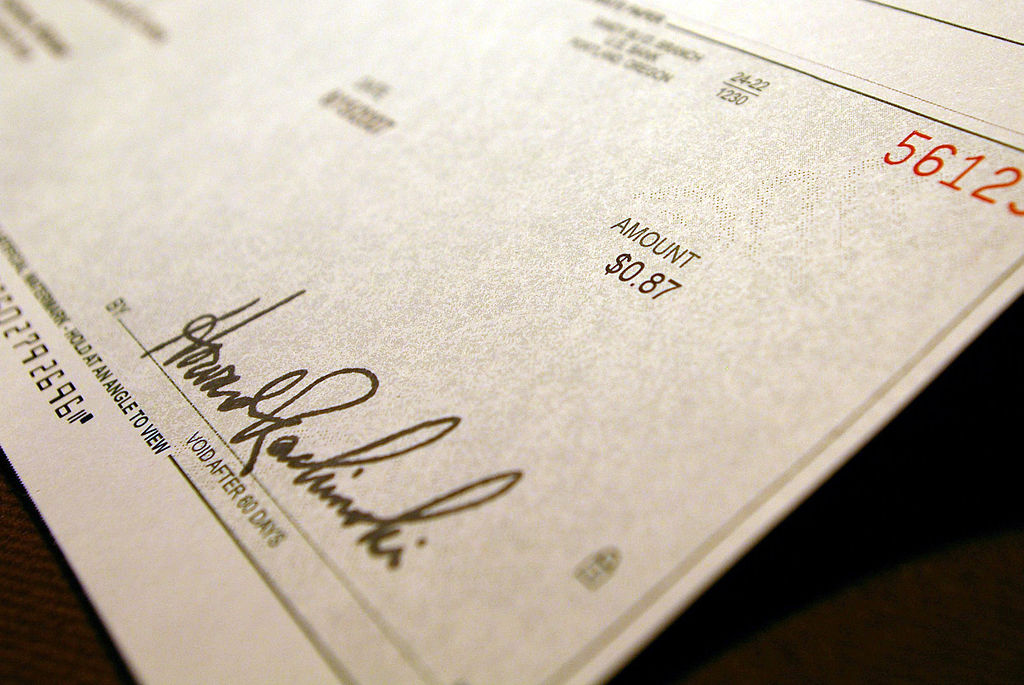Mark Twain stated that the difference between the right word and the almost right word, is like the difference between “lightening and a lightening bug.” Well, while it’s understandable why Twain would rely on Mother Nature instead of the IRS for his metaphors, but he could have made the same point — and dialed up the impact and intensity a few notches — by citing the difference between tax fraud and tax negligence.
Indeed, although these two terms sound similar and are sometimes used synonymously — especially on the web, which is riddled with shockingly flawed tax-related “advice” — they are categorically different and worlds apart. To help you make this not-so-fine distinction and avoid making errors that could land you a massive amount of financial trouble — and maybe even face criminal prosecution — here’s what you need to know about each concept.
Understanding Tax Fraud
As confirmed by Jeffrey B. Kahn, an experienced tax attorney who is certified to appear in U.S. Tax Court (learn more about his practice at kahntaxlaw.com), tax fraud is an intentional and deliberate wrongdoing, with the specific purpose of evading taxes that are owed, or that are believed to be owed.
There are a few aspects of this definition that need to be unpacked, because many taxpayers seeing this (and you may be among them) might shrug and think: what’s so complicated about this? Well, here’s what:
- It doesn’t matter if you actually saved money by committing tax fraud. As long as the IRS believes you attempted to do so, then you can be accused of this crime — even if you could have made the claim legitimately. In other words: the action matters more than the outcome.
- In most cases, it doesn’t matter if you poured over every line of your tax return before filing, or if you trusted a preparer, colleague or friend to do it for you. As far as the IRS is concerned, it’s your return, which means that you’re accountable for the accuracy — and the legitimacy — of all information. (Note: if you’re married or divorced and your spouse/ex-spouse committed mistakes on your joint return, and you can prove to the IRS that you didn’t know about this illicit activity and that you didn’t have an obligation to know, then you may be able to petition for what’s called “Innocent Spouse Relief”.)
And as for the penalties of tax fraud: they’re severe. Taxpayers deemed to be guilty of this offense typically must pay all of the tax they owe with interest, plus 75 percent of the amount they tried to evade. And while incarceration isn’t typical, it can and does happen — especially if the IRS wants to send a message.
Understanding Tax Negligence
If your blood pressure is rising and your heart beat is racing after learning about tax fraud (even if you have zero intention to evade taxes, simply reading about it can be scary!), then learning about tax negligence will be much more soothing for your rattled nerves.
No, tax negligence is not a good thing (nothing with the word “negligence” is usually a good thing). However, if a taxpayer can prove that mistakes or omissions in a return(s) were not a deliberate attempt to evade taxes, then the IRS might accept that the transgression was not of a fraudulent nature. The IRS makes this determination on a case-by-case basis. What’s more, even if negligence is the verdict, it’s not as if taxpayers get a stern warning and go on with their day: they must pay their full tax liability plus interest, along with a penalty that is usually an additional 20 percent of the tax owing.
The Bottom Line
Hopefully, the above will help you avoid getting tax fraud and tax negligence confused — because heading down the wrong road can lead to a scenario that makes an ordinary audit seem like a proverbial picnic. If you have any concerns about your previous tax returns, then speak with a qualified tax attorney right away.

